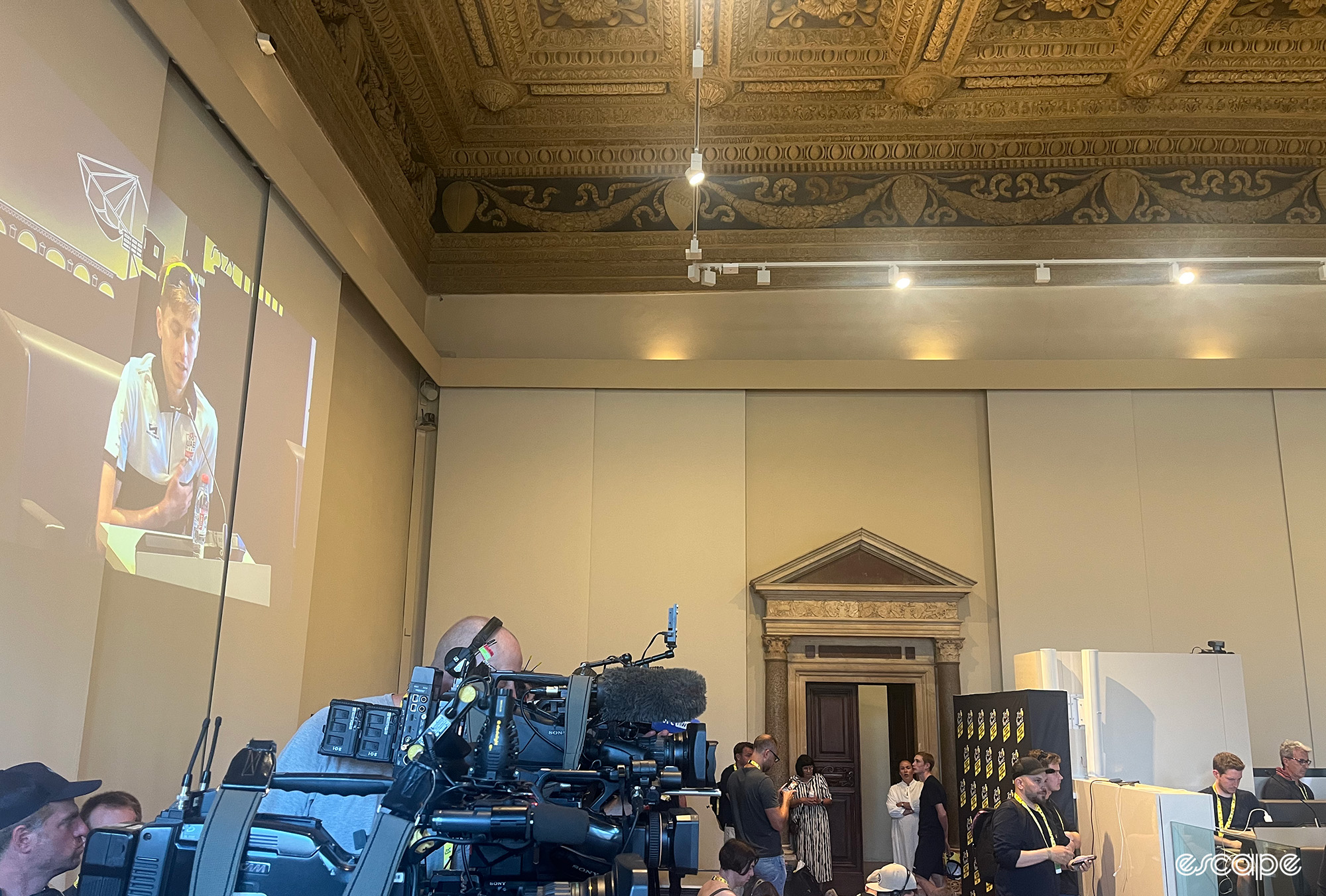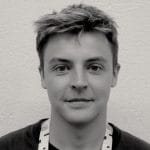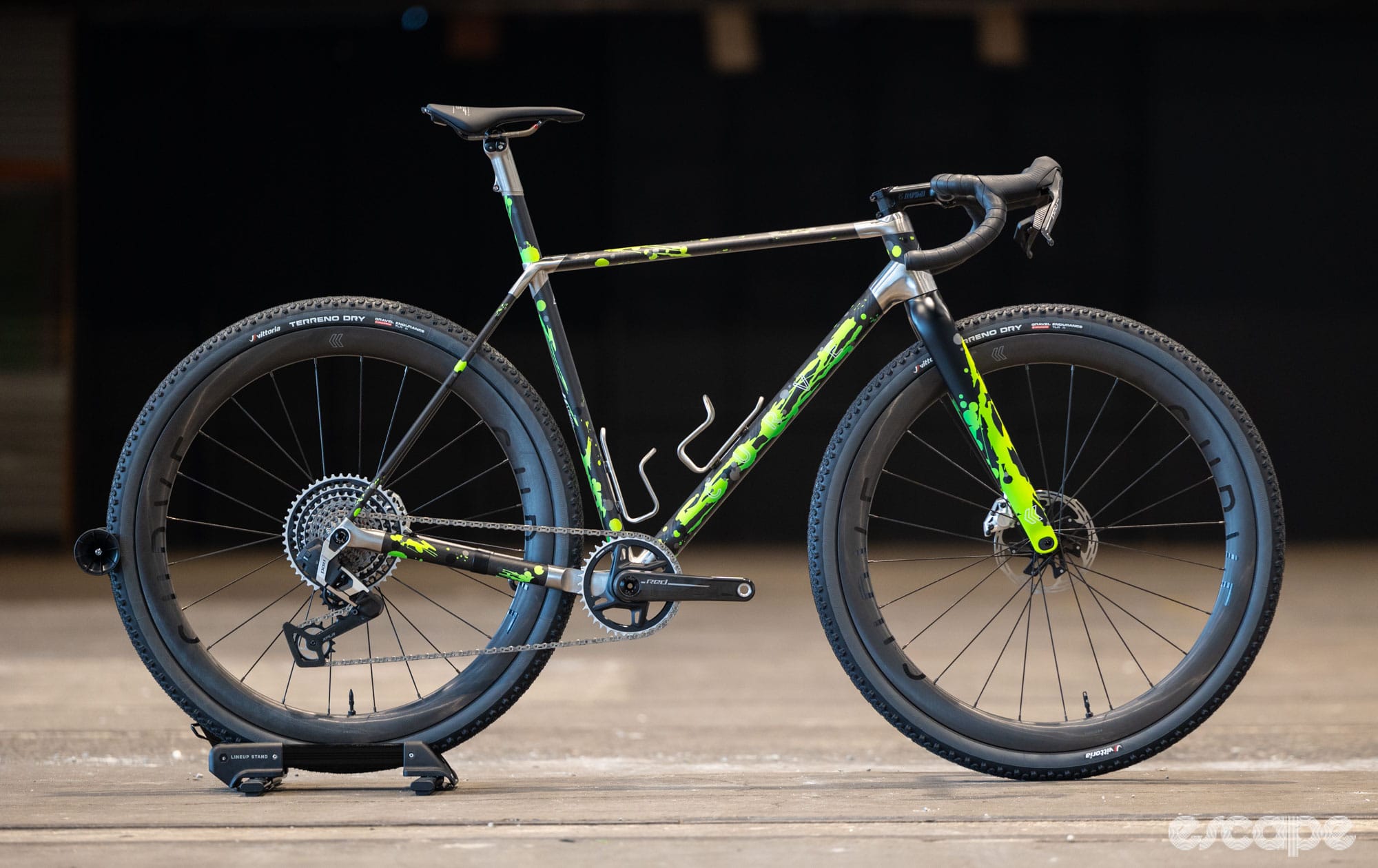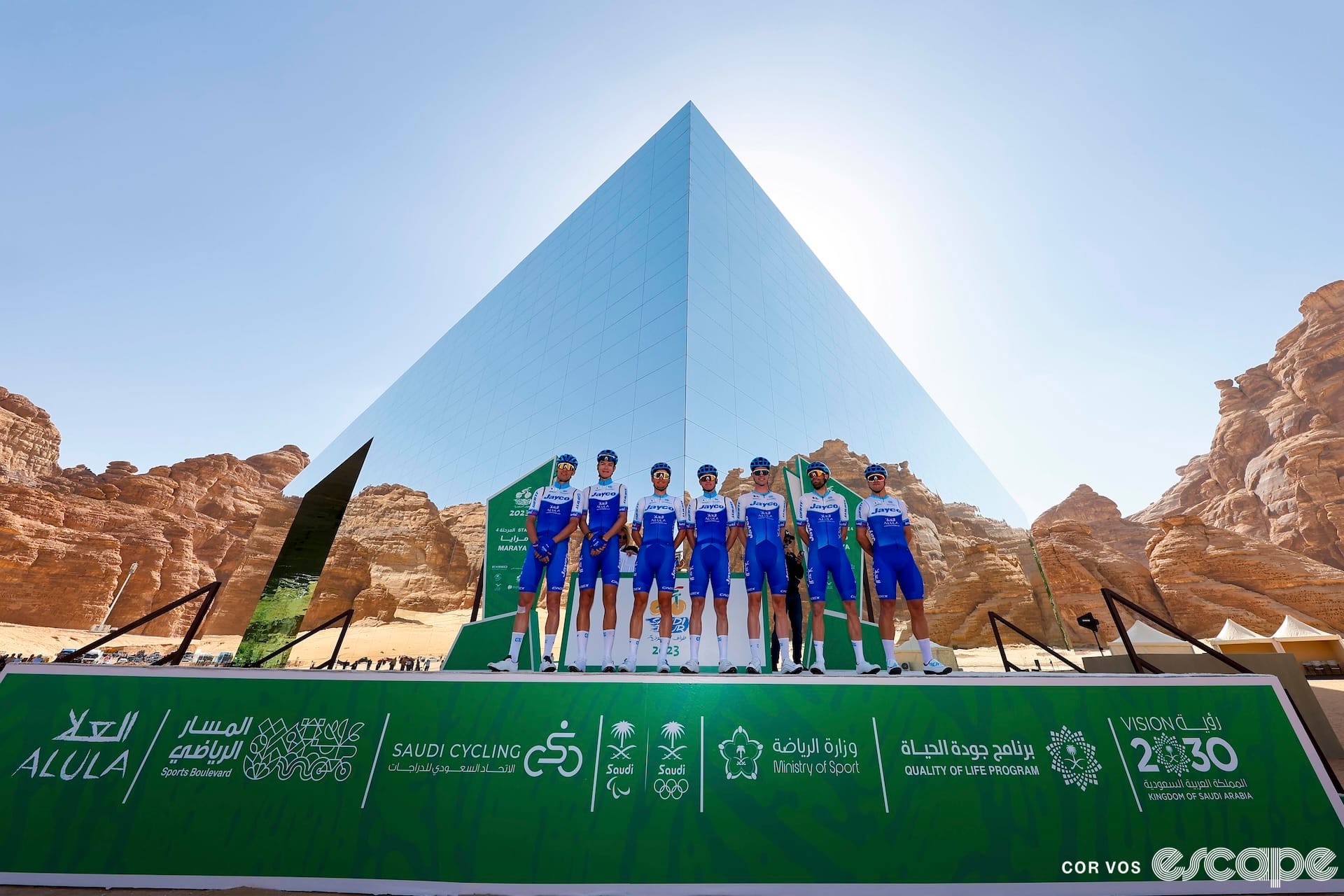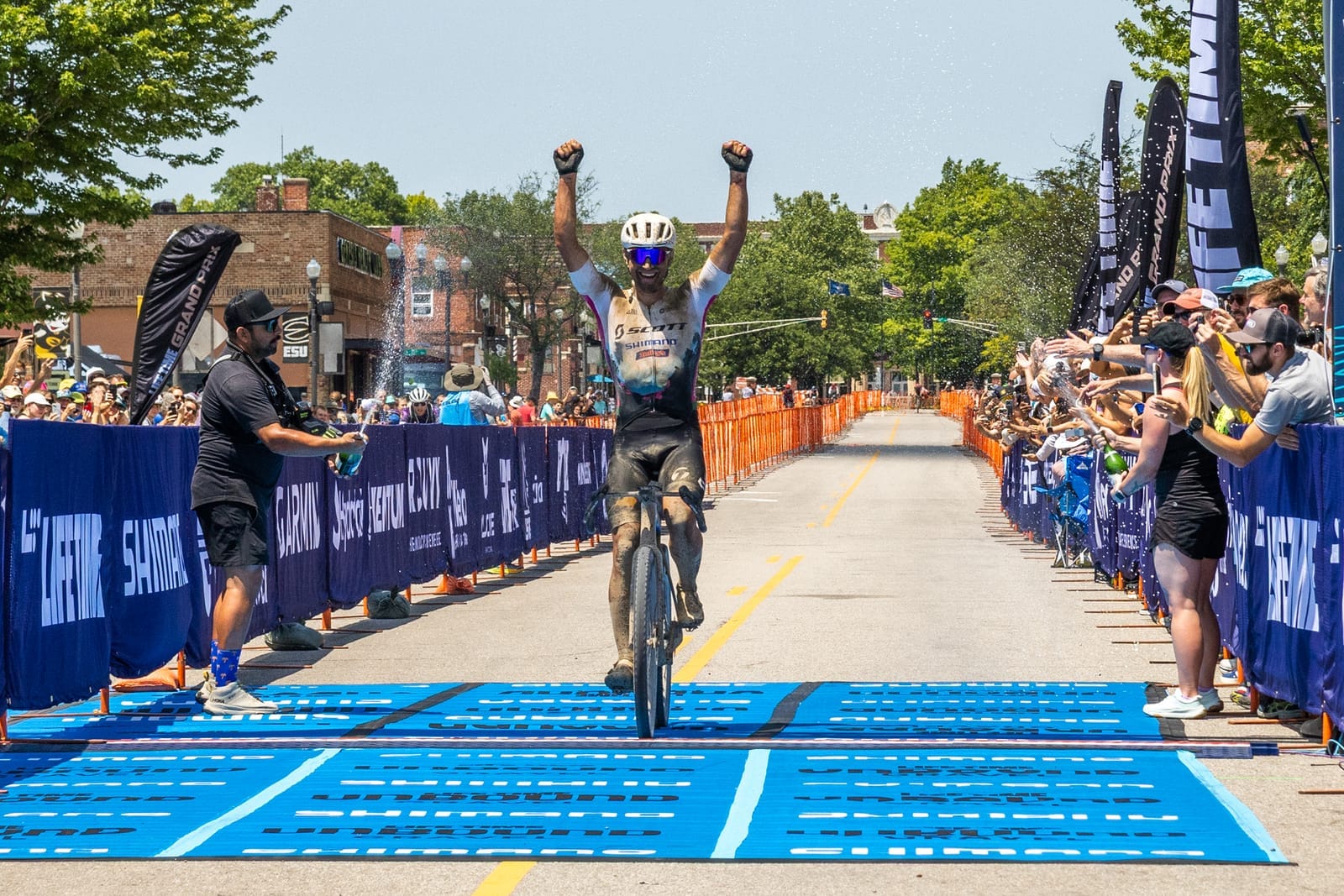Tadej Pogačar looks skinny. Jonas Vingegaard looks skinny. The main hall of the Palazzo Vecchio, where the press conference for the two main Tour de France contenders is being held, is sweaty. Weirdly, 'festina' is engraved on the old wooden door, but this just means party in Italian. Body odour seeps into the ornate, 15th-century ceiling from the masses huddled over laptops; it swirls around the microphones that usually host town meetings of some description and they pop and buzz as question after question is placated with non-committal couches of intent from the two main candidates for this year's race.
Primož Roglič had been in earlier, oddly effusive, saying he was enjoying the company of the media so much he didn't want to leave. First, check outside to see if the sky is falling, but more likely, he's basking in the medium-sized glow of his true outside-contender status. The Red Bull-Bora Hansgrohe money is flowing into his bank account, the new jerseys are sick, the vibes are higher than at his old place. He gets to spend three weeks with Jai Hindley saying "mate" in response to literally everything; what more could a person want?
Downstairs, waiting for his turn at the team presentation, Mathieu van der Poel is looking tanned. Remco Evenepoel's star power is dwarfed by both the heft of the Tour de France and the fact he's now wearing the standard Soudal-Quick Step jersey for the first time in what feels like forever, and yet forever involves Evenepoel still only being 24. He'll be hoping to switch it out for the white jersey soon enough, now that Pogačar has graduated to adult status, in Tour terms at least. As the Belgian admitted during his own press conference the day before, while keeping one eye on his nation's Euro 2024 football match, he expects the Slovenian to be "unreachable, almost."
As we arrive, late, to this main pre-race event, we find Pogačar surrounded by laptops and cameras, his hushed tones echoing off the walls originally built in the 14th century. In ancient times, a Roman theatre existed on this spot, before giving way to dense tower-housing in the Middle Ages. Excavations began 20 years ago in the basement and they continue to dig up new history to this day.
Under the lights and the heat, yet to pedal a stroke of this year's Tour, Pogačar appears very much as he did in 2021. A bit nervous, a bit quiet. Boyish as ever. The pressure seems to be on him. He reveals he tested positive for COVID-19 10 days ago, having already left his altitude camp early due to the death of his grandfather, taking one day off the bike before returning to the rollers and then heading outdoors when he soon felt good again.
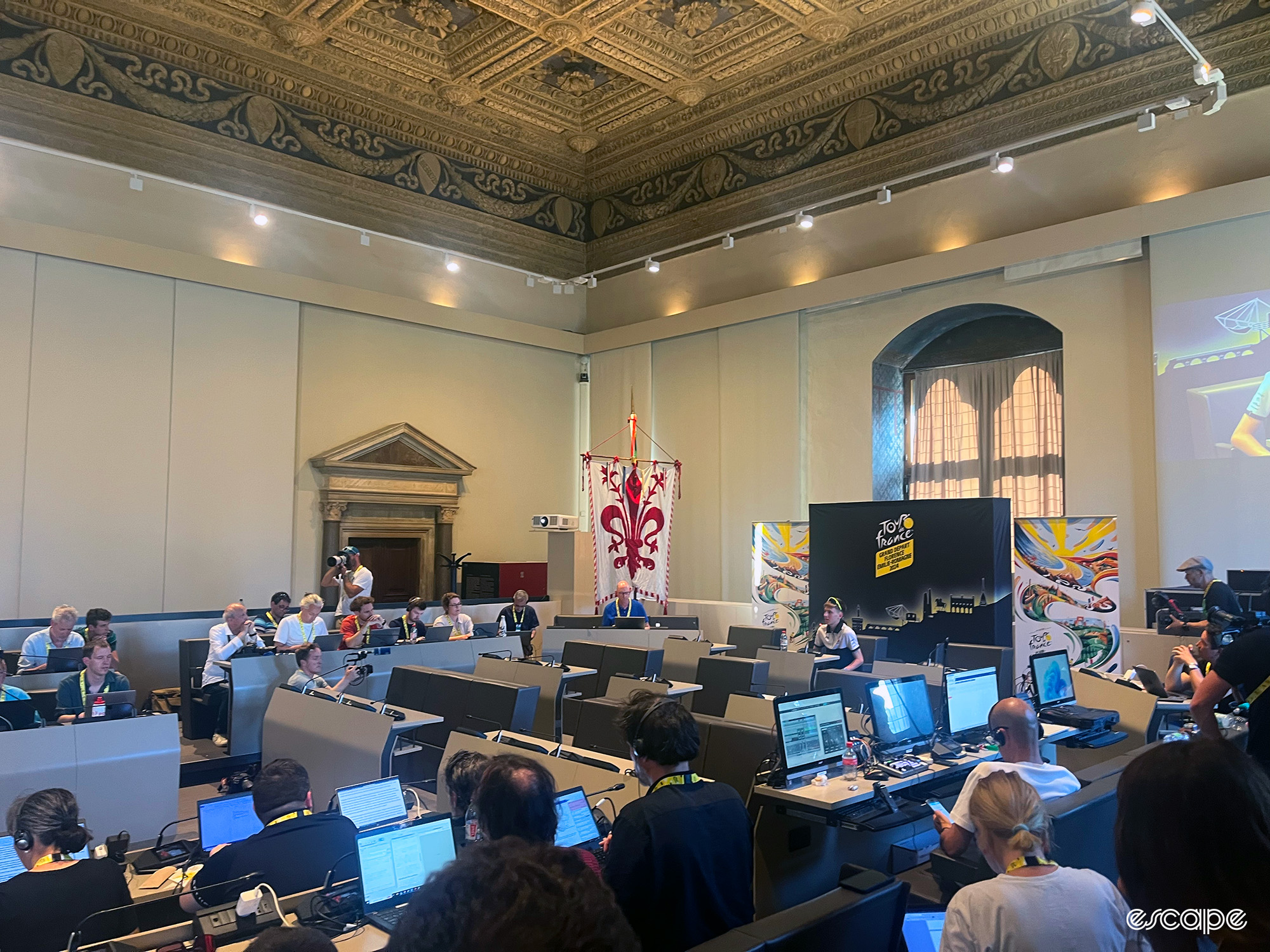
"You're never sure," Pogačar says of the lead-up to a Grand Tour, of where your legs and those of the competition will be. "Our team I think is super strong," he said. "We have one of the strongest teams ever in the Tour, I would say. Climbing-wise we have superstars, so I'm really honoured to have them as teammates. Also, we have a really strong team for the flat and technical parts as well. I think we can be confident in this team. I'm super happy and honoured to have them as teammates."
As for Vingegaard, Pogačar is wary that his mere presence means a bout similar to those spectacles of the past two years is about to unfold.
"It's good to see him at the start," Pogačar said, and I reckon he means it. "I think he's ready because otherwise, I don't think he'd be at the start. It's something I'm looking forward to – making a great show again.
"I think the relationship between me and Jonas is something extraordinary," he continued. "It's crazy that we write this history ourselves as rivals. I appreciate this rivalry because I respect him a lot."
The trumpets sound outside, as the other 20 squads parade in the square below for the team presentation. Wout van Aert and Matteo Jorgenson trickle in, busying themselves on their phones, waiting for their turn.
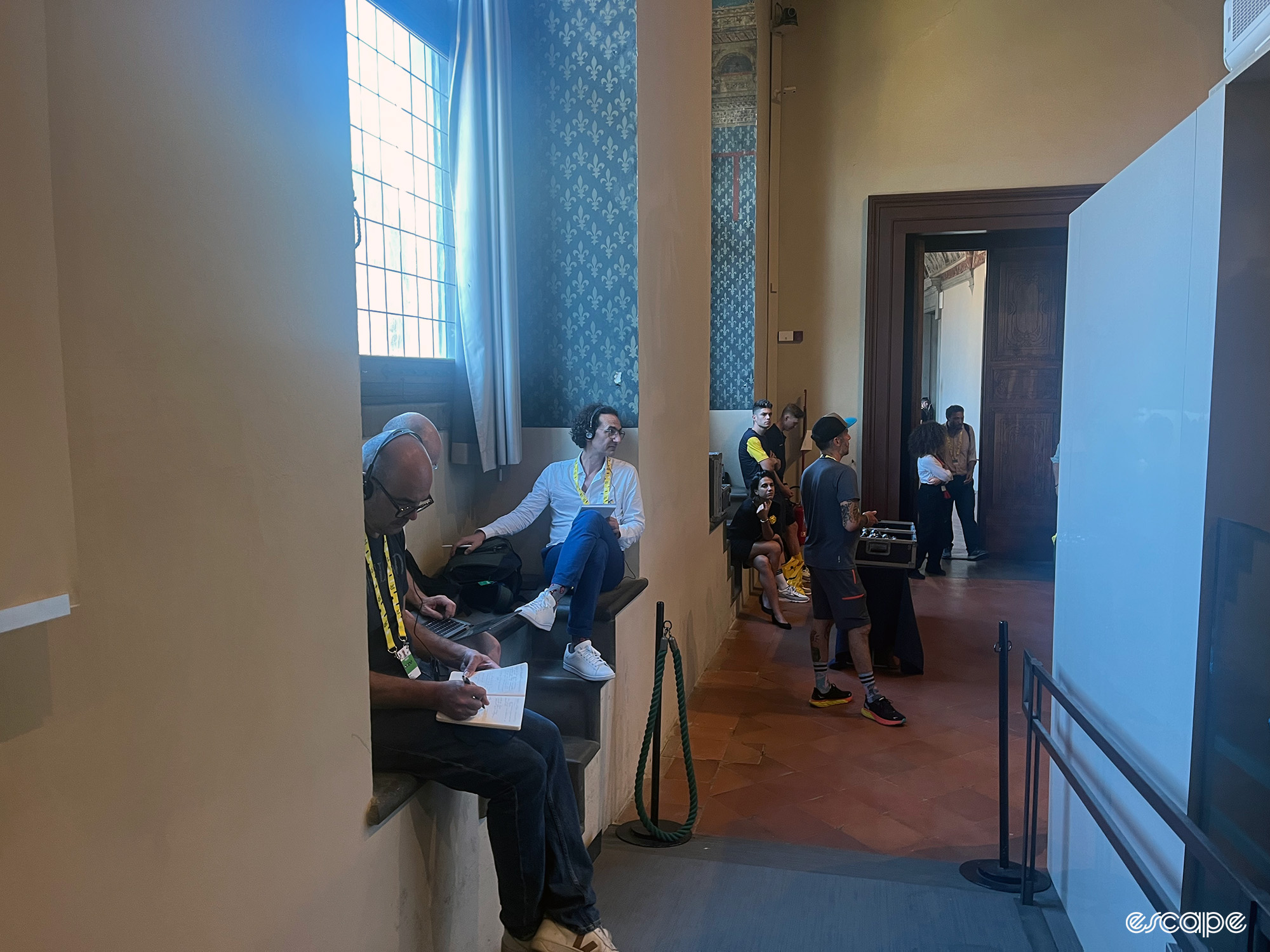
Through a door on the opposite side Jonas Vingegaard enters with his young family, and the mother of his partner, a star of the Great Danish Bake Off television show.
He looks up (as you can see in the cover photo at the top of this article) watching his rival, the rider he's joined at the hip with in this era of co-dominance. He and Pogačar haven't spoken since the Dane's Basque Country crash; there is not much of a relationship there, just a healthy respect, and an even healthier dose of fear.
When it's his turn to talk to the press, Vingegaard describes the journey from crash to being here in Florence as "probably the hardest moment of my career."
"I think in that situation," Vingegaard explained, "you just think about fighting back rather than feeling sorry for yourself. And that's what I did, and what me and my family have done for the last three months, trying everything we could to get ready for this race.
"I just hope that all the good work we did together will pay off. We'll see in the coming three weeks."
For Vingegaard, "everything from here is a bonus," he says with regard to even making it to the Tour de France. This is both true and a rehearsed line that is intended to neuter the questioning of his form, of his hopes for these next three weeks. It's the sort of response and ideology that proffers that perfect mix of humility, respect for the competition, and attempted pressure reduction needed. Either he has slow-rolled Pogačar and everyone else and he charges out of Florence with the world-beating form of the past two years, or we see the chance for him to become the sort of temporary loser that could endear him to a cycling world he has so far held at arm's length during his rise to the top.
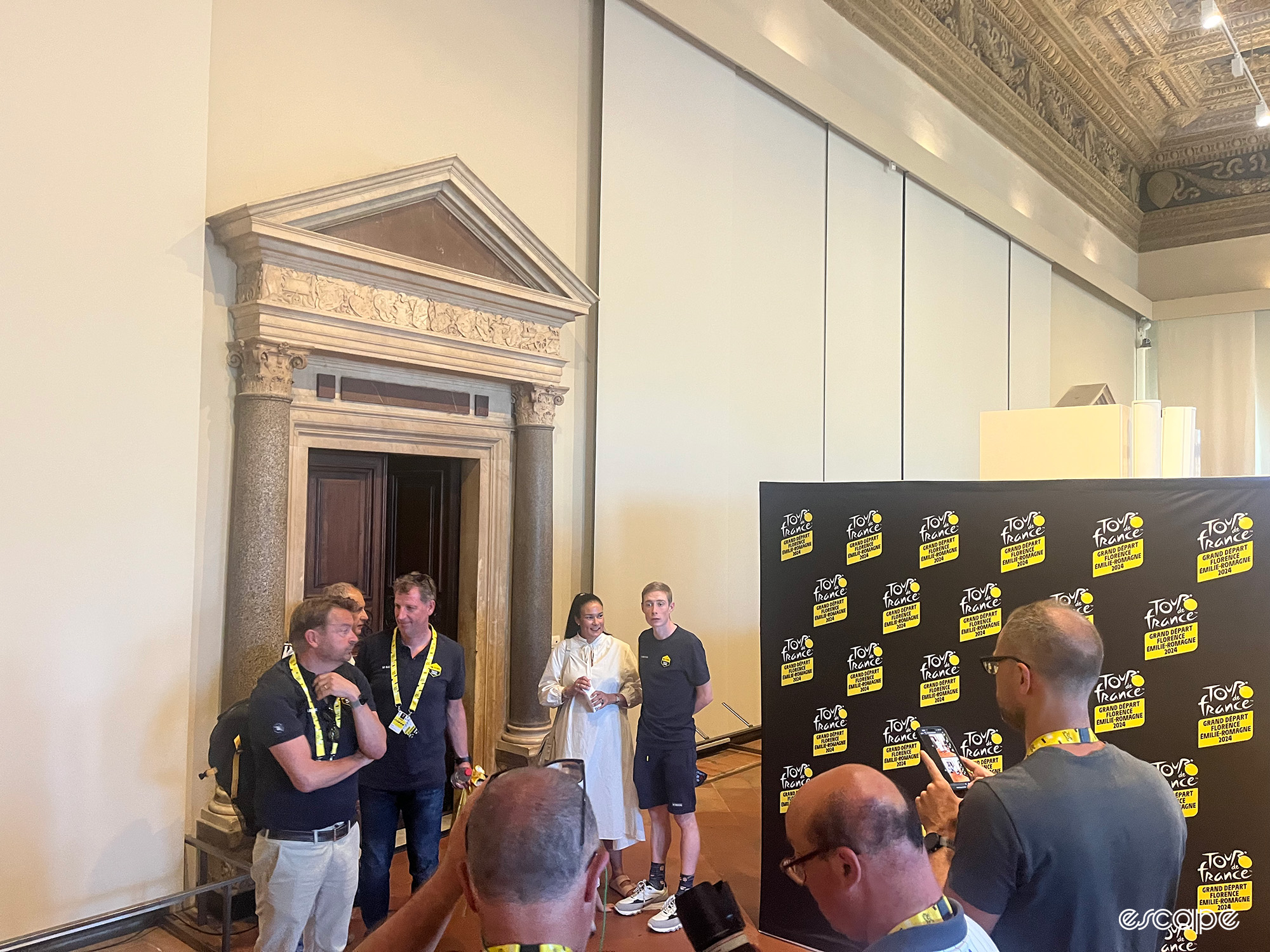
"We might have to fight to hang on early in the race and then later in the race, we'll find our normal level. We'll find out in the coming days," he says, equally wary of his main rival. "Of course, if I wouldn't have crashed, I would definitely say I'm here for victory. But things have changed. I still have the hope that I'm good enough to fight for victory at least. But I guess we will see in the coming three weeks.
"I want to go for the best possible result in GC. But to be honest, it was a very, very bad crash, so just to be here, I'm very happy, and that's a victory in itself."
How truthful are these words? How much is measuring expectation ahead of the unknown? And how do we read into the presence of the family? A new marginal gain for the man who calls his wife and child immediately post-stage while warming down? Did this year's plane fare work out cheaper than international minutes?
On the new-look Visma-Lease a Bike race car there is a new slogan, upping the ante of the previous years' somewhat soulless branding exercises. Is "Beyond Victory" telling? Is it a realisation that the Grand Tour sweep of last year will likely never be equalled, by them or a rival, that the peak has passed and trying to replicate it is actually the hardest part of the whole thing?
We won't have to wait long to find out.
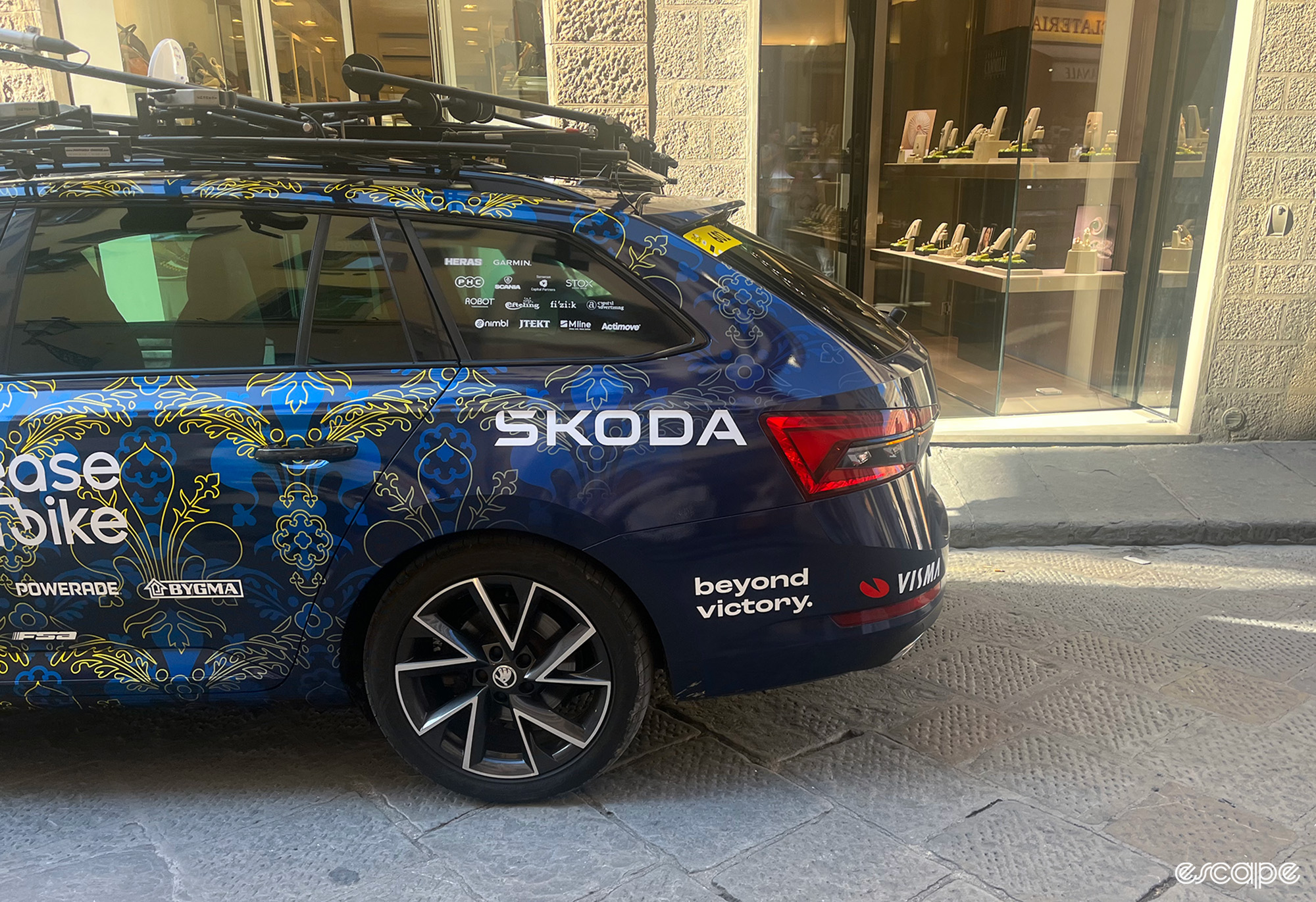
Did we do a good job with this story?

